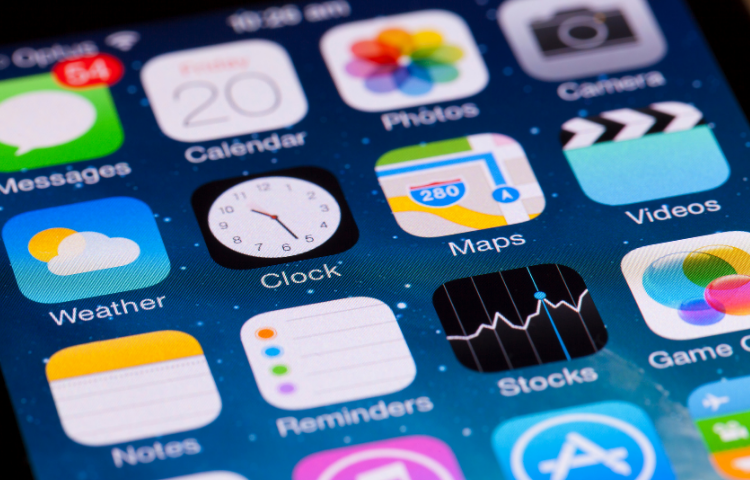

With the widespread adoption of the smartphone, mobile internet usage has now surpassed desktop browsing, with 53.3% of the world’s total web traffic coming from mobile in 2019.
Accordingly, mobile applications have become standard practice for reaching and communicating with customers, as well as providing goods and services. The accessibility of mobile apps has changed over time, from only being available to major corporations to now being obtainable and fruitful for small and medium-sized businesses.
Businesses commonly wonder when developing a mobile app, “Which platform should we push our app out on?” Two platforms, Android and iOS, control more than 99% of the global app market. Android currently dominates the worldwide market share, owning 86% of the market share in 2019, while iOS possessed 14%. However, in the United States, iOS comprises 59% of the mobile operating system market share while Android accounts for 41%.
Having the majority of the market share in the United States is especially valuable, however, the iOS platform possesses numerous other benefits that we cover below. And if you are interested in learning about the benefits of developing an app on the Android platform, discover what they are in our blog post here.
When developing an application, businesses obviously desire a strong Return on Investment. After all, profit is one of the main goals of any business venture.
Apple is the leader when it comes to paying customers. Users of the iOS platform have proven more willing to pay for an app than those using the more open-sourced Android. Android has more free apps on its store, so its users are less likely to pay for an app.
Also, the average cost of an iOS application is lower than an Android application (we dive into why in the next section). Therefore, the combination of availability and affordability help drive the return on investment for iOS applications.
Unlike Android’s platform, which is spread out over a wide array of devices, the iOS platform is only available on iPhone and iPad products. This makes it easier for app developers because they only have to focus on a limited number of devices, compared to the extensive Android list. Additionally, in late 2020 Apple plans to release Mac products with its ARM-based Apple Silicon chips, which will allow iPhone and iPad apps to run natively on Mac. This means developers can easily create apps across iPhones, iPads, and laptops/desktops at a reduced cost and requiring less time.
On the other hand, the Android device list increases the time spent developing the app and the testing period, thus increasing the cost of developing an app. Apple’s low device load allows developers to create apps and test them far more efficiently. The result is a fully-functional application that hits the market more quickly and ready-to-go.
It is predicted that by 2021, cybercrime will cost the globe $6 trillion annually. Therefore, consumers are rightfully wary of applications that request their payment information and private data.
Fortunately, Apple has a reputation for being at the forefront of security features. Their computers are commonly hailed as the safest in the industry, so it is no surprise that iOS also excels at keeping users safe throughout the entire platform.
A strong anti-virus and anti-malware shield surrounds all of the apps in the iOS app store, protecting both user identity and personal data. A safe app for users is beneficial for businesses because a hack or data leak can tarnish a brand’s reputation.
Apple regulates its application environment far more than Android, meaning the iOS interface demands a higher quality of service. This is beneficial because it holds app developers to a higher standard. To some consumers, an app will be their first impression of a business, so having a quality, performing app is a great introduction.
Apple users also rave about the iOS regulations that increase the app’s usability. The iOS platform ensures that all of its apps remain easy to use, improving the overall customer experience. Happy customers translate to positive reviews. Positive reviews lead to more sales and/or strong brand affinity.
Apple is one of the most respected companies globally, and the apps on the iOS store still maintain a level of prestige not shared by its Android counterpart.
The first iPhone resulted in the smartphone craze, revolutionizing the entire tech industry with its monumental innovations. Similarly, when Apple unveiled the iPad, the tech industry rushed to develop tablets to compete with its product.
Consumers know this, and Apple’s reputation has followed them to their app store. Consequently, some of Apple’s luster may rub off on your company through association.


Need help navigating your AI journey?
Download our eBook for insights and tips to ease your way into adopting AI for your business – the smart and practical way!
Need help navigating your AI journey?
Download our eBook for insights and tips to ease your way into adopting AI for your business – the smart and practical way!